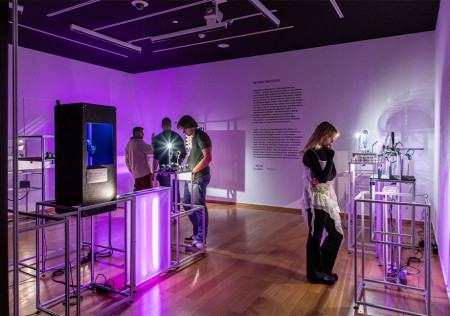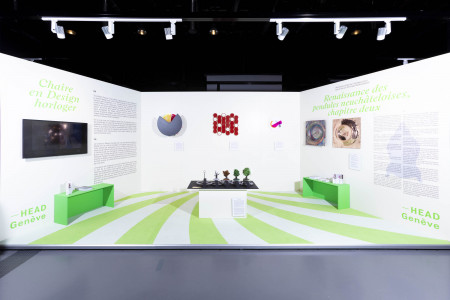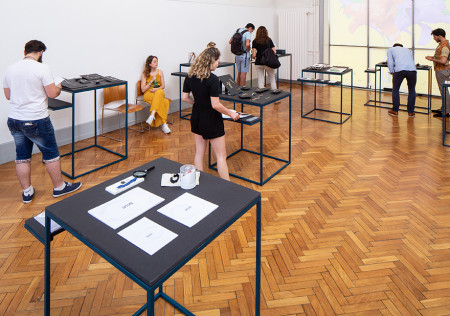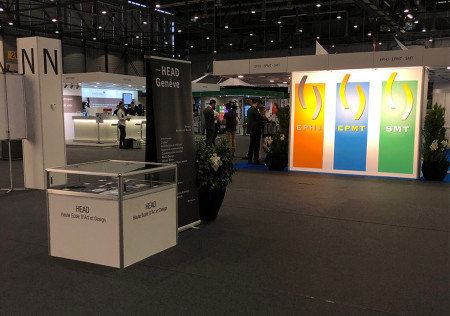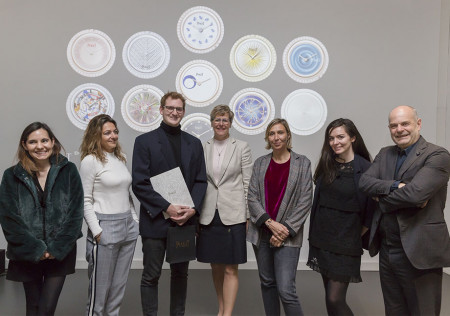- The school
- Studies and Research
- BACHELOR
- MASTER
- DOCTORATE
- RESEARCH
- TRANSDISCIPLINARITY
- POOLS
- CONTINUING EDUCATION
- Continuing education 2025-2026
- Artificial Intelligence, initiation
- Artificial Intelligence, Advanced
- Artificial intelligence open-source, ComfyUI
- Creative coding
- Engage with drawing
- Frame-by-frame animation
- Immersive Mapping : Unreal Engine & MadMapper
- 3D exhibition modeling in SketchUp
- 3D modeling, Blender
- Point cloud scanning
- Documentary podcast
- Serious games
- For students
- Studying at the HEAD
- InfoLab
- Living in Geneva
- Tuition fees and sholarship
- Library
- Regulations and instructions
- Projects
- Events
- Press
- Partnerships and prizes
Chair of Watch Design
ADMISSIONS 2026
The Watch Design Chair offers a specialised course dedicated to watch design and culture. Watchmaking, the Swiss heritage industry par excellence, is a complex field of expression that mixes history with technique, creativity and economy. In fact, there is not one watchmaking industry, but several: the luxury watch, the entry-level watch, the professional watch, the lifestyle accessory. All these watches revolve around a same centre of gravity, design: the heart and soul of everything that makes Swiss watches unique, and its underlying creativity and ability to reinvent itself constantly.
For a long time, the impetus came from the industry itself, but the challenge of creativity has become so predominant that an academic response has become necessary. The Watch Design Chair is precisely intended to complement the industry, to help renew it, as a source of inspiration and innovation, with a sense of freedom and transversality that watch brands, by nature, cannot achieve alone.
The challenge is considerable, and the means are equal to it. During their training, students acquire design skills and learn to interact with the entire industry through seminars, talks, visits and workshops, where most of the creative projects are carried out in connection with brands.
During their training, students develop a watchmaking culture in the broadest sense of the word that includes history, current trends, strategic issues for the future, manufacturers, subcontractors, and mechanical complications. The students also follow courses in the Product/Jewellery and Accessory Design Bachelor’s degree, which opens up the spectrum to the fashion sector.
The students also get to hone their own creativity by approaching watchmaking in its entirety, from the 3D prototype to the finished watch, packaging, product environment, and project management, and from art direction to marketing positioning.
At the Bachelor’s level, the Chair of Watch Design offer the following programme:
- Watchmaking manufacture and design
- Watchmaking Drawing
- Understanding of watchmaking products
- Watchmaking complications (in association with the microengineering departement of hepia)
- Packaging design and product environment
- Advanced 2D design (Adobe Suite)
- Advanced 3D modelling and rendering
- History of watchmaking (in association with Fondation de la Haute Horlogerie)
- Marketing of luxury and watchmaking products
- Brand analysis
- Creative projects in association with watchmaking brands.
For their dissertation, students may choose to carry out a personal project or one related to an existing brand. Thus, at the end of their studies, graduates are able to work in the watchmaking field as qualified junior designers. The specialisation can also be pursued at Master’s level.
Download the Watch Design Chair flyer here
Head of Department
Valérie Ursenbacher
Deputies
Nina Gander
Stéphanie Van Zwam
Assitants
Cyril De Froment
Pauline Hepner
Teaching Staff
Astrid Alberto
David Cuenat
Elizabeth Fischer
Grégory Gardinetti
Nicolas Mertenat
Valérie Ursenbacher
Invited speakers
Astrid Alberto, Sandra Amodio, Yvan Arpa, Alex Ballmer, Félix Baumgartner, Vanessa Lecci, Julien Bernard, Marco Borraccino, Michel Cover, Marie Chassot, Laurent Davoli, Sophie Furley, Viviane Fankhauser, Stéphane Gachet, Cécile Guenat, Jiyoun Han, Raphaël Hatem, Vanessa Lecci, David Maillard, Nicolas Mertenat, Neftali Nortario, Jean-Marie Schaller, Stéphane Schuler, Nicolas et Laurent Wiederrecht


